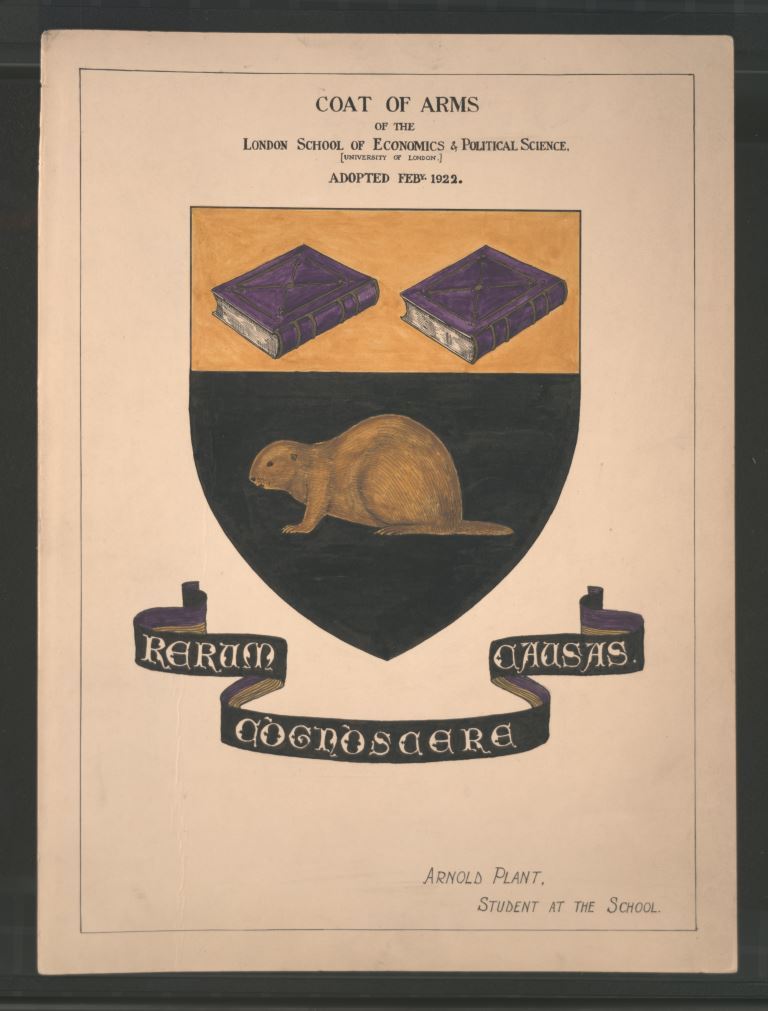
Big news news from my alma mater. Sources say the award ceremony was delayed by three hours of LSE professors arguing about the best algorithm to determine the most efficient way to accept the trophy:
The Times and The Sunday Times Good University Guide has ranked LSE as the top university in the UK and named the School as its ‘University of the Year 2025’. This is the first time the Good University Guide has awarded LSE the prestigious ‘University of the Year’ title, and the first time we have been ranked number one in the country. […] This fantastic result follows other high rankings in university league tables over the last year. In September 2024, The Guardian placed LSE as the top university in London, and as the best place to study Accounting and Finance. Likewise, the Complete University Guide 2025 named the School as the number one university in the capital.
LSE students are reportedly “cautiously optimistic” about the news, as they’re still trying to calculate the long-term societal and economic impact of celebrating rankings. LSE’s Director, beaming with indignation, announced, “This recognition validates our long-standing belief that if you can’t measure it, it doesn’t matter. And if you can measure it… why? We look forward to quantifying this award in terms of social good. We’re thrilled, of course, but we need to consider the opportunity cost of joy.”
In a final stroke of genius, the LSE administration has decided to commemorate this achievement by commissioning a statue of a giant invisible hand.
Meanwhile, well-appointed representatives from Oxford and Cambridge were spotted in a corner, drowning their sorrows in spiked lukewarm tea. Overheard mutterings included phrases like “patronage failure” and “maybe unresolved bad legacy is bad,” suggesting a dawning realization that rowing prowess and ancient stone blocks carved to resemble elephantine profits from colonialism might not be the best metrics for educational excellence in the 21st century. An anonymous don was heard lamenting, “Perhaps we should have focused more on direct and honest economic models and less on which tie to wear for dinner.”

